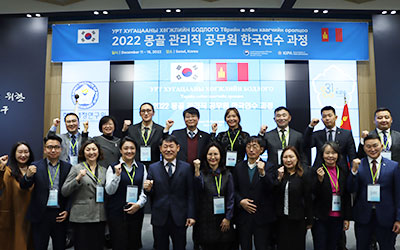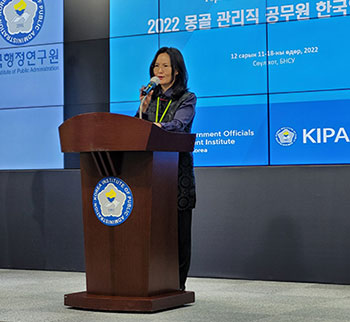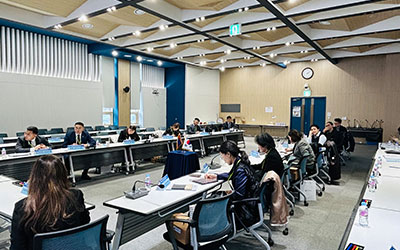Korea’s National Development Strategies and Government Administration Technique are Shared with Mongolian Officials

This training is part of the Prime Minister's plan to strengthen the capabilities needed for inter-departmental collaboration which is required for the successful implementation of VISION 2050*, the national long-term development plan.
* VISION 2050: Mongolian development model to improve the quality of life and to become a leading country in Asia. It is comprised of 9 sectors, including shared national value, human development, governance, economy etc.

Among them, the final top 10 officials were given opportunities to join the overseas study visit upon the Prime Minister’s permission, and this study visit program is expected to continue sequentially.
During the Study Visit in Korea, trainees shared the best practices of the Korean government related to national development strategies and state administration during the lectures and seminars.

It is also expected that in-depth discussions and seminars with KIPA researchers on HRM, government work procedures & evaluation, and strategies & management for regulatory innovation and state affairs management will provide insightful lessons and benchmarking ideas to be implemented in the different Ministries and departments.
